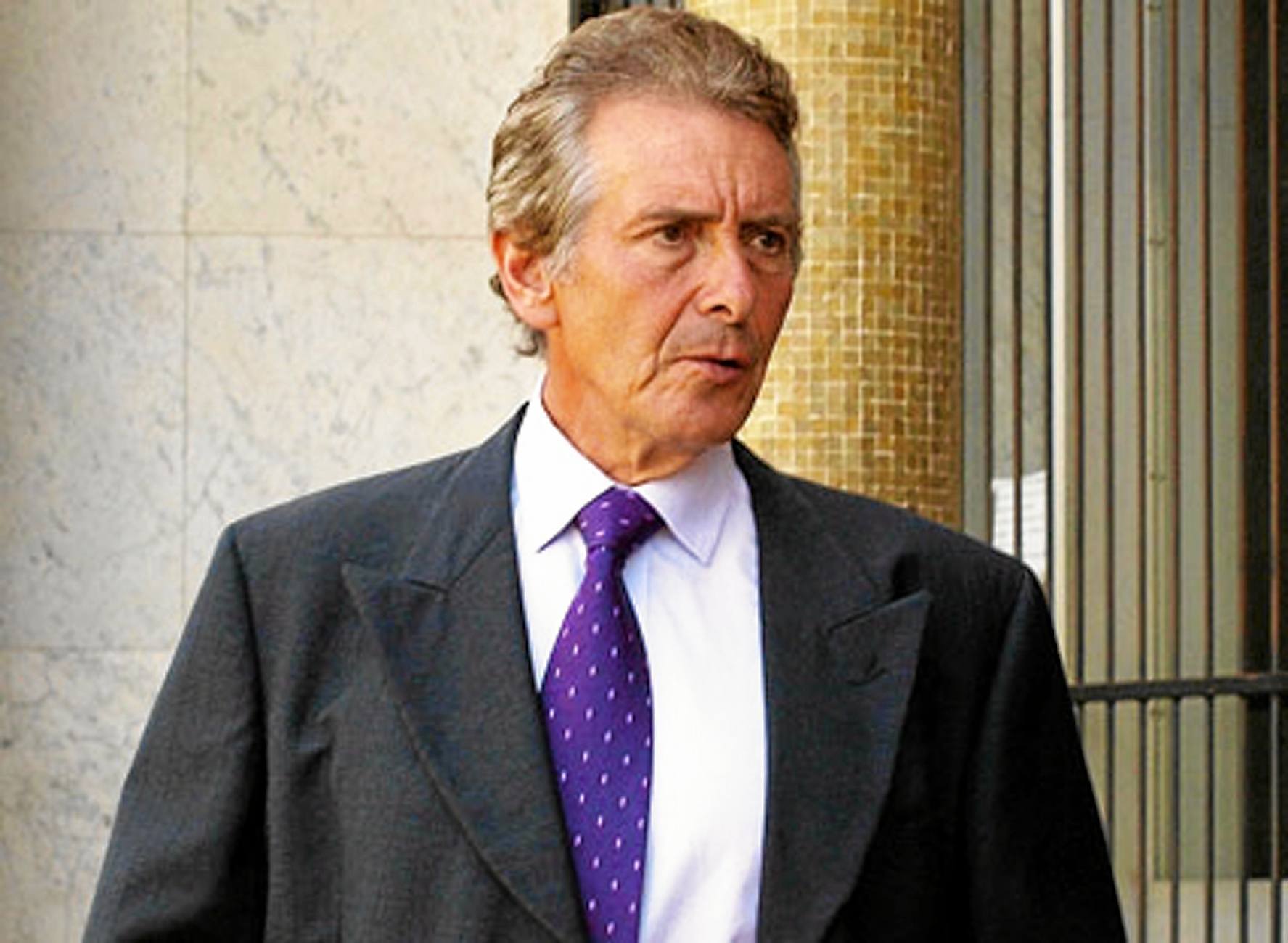
LISTED hospitality concern, Rainbow Tourism Group (RTG) plans to raise capital from existing shareholders after its planned recapitalisation through disposal of a hotel in Bulawayo hit a brick wall, authoritative sources said last week.
Report by our Staff
The proposed rights issue —whereby new shares would be issued to shareholders in proportion to their shareholding —comes after one of the group’s shareholders, Nicholas van Hoogstraten, said he would not support the sale of Bulawayo Rainbow Hotel to the National Social Security Authority (NSSA) as part of the recapitalisation of RTG. The businessman’s gripe follows his unsuccessful bid to have former Tourism and Hospitality Industry permanent secretary, Sylvester Maunganidze, appointed as RTG’s board chairman when the directors held the first meeting in over a year, early this month.
“As NSSA, there is a feeling that van Hoogstraten wants to block the sale of the hotel and RTG has to be recapitalised so we are left with no option other than to call for a rights issue,” a source said.
Report by our Staff
To sell the hotel, 75% of the shareholders have to approve the deal. This means that van Hoogstraten, with 36% shareholding in RTG, has the powers to stop the transaction. The deal is further complicated for NSSA in that it cannot vote, as it is an interested party by virtue of being the buyer and lessor. “As a result of the differences between shareholders, a rights issue is the only available option,” a close source said.
In written responses, van Hoogstraten told Standardbusiness that he was currently taking legal advice on how the differences would be resolved. The businessman said he had attended a meeting where the choice of Maunganidze as board chair was proposed by NSSA general manager, James Matiza. After Matiza’s proposal, van Hoogstraten agreed to the move.
The businessman said he was not agreeable to any funding being provided to RTG until a forensic audit had been done and the removal of directors and senior management he alleged were incompetent.
- Chamisa under fire over US$120K donation
- Mavhunga puts DeMbare into Chibuku quarterfinals
- Pension funds bet on Cabora Bassa oilfields
- Councils defy govt fire tender directive
Keep Reading
RTG board chairman, Joseph Kanyekanye, said there was no acrimony among the directors as they had convened two board meetings during the past two weeks. He said board committees of RTG met on Wednesday to plot the way forward for the country’s largest hospitality group. He said the board was agreeable to the recapitalisation of RTG but would not been drawn into revealing the plan.
“As a board, we have a position on what we are going to do in order to recapitalise and extinguish short-term debt,” he said. NSSA is represented on the board by Kanyekanye, Rosa Dube and Shadreck Vera.
Shingirai Chibanguza, Ian Haruperi and EFE Securities chief executive, Edgeton Tsanga, represent van Hoogstraten on the RTG board. Maunganidze represents government’s interests on the RTG board.
While van Hoogstraten mulls taking legal action to resolve the chairmanship’s dispute, his representatives on the board, except Ian Haruperi, attended Wednesday’s board committee meetings.
Shingirai Chibanguza is in the Human Resources committee chaired by Kanyekanye. Tsanga is in the Audit and Finance committee, while Haruperi sits in the Marketing, Communication and Strategy committee.
Shareholders’ differences stall progress
RTG is in need of recapitalisation to retire expensive short-term debts. The US$15 million recapitalisation plan proposed by the group has been on the cards for years but would not proceed due to differences among shareholders. Short-term borrowings have led to commensurate high finance costs negatively impacting RTG’s bottom line.
The debt issue has been critical over the past reporting quarters to the end that short-term debt had a negative US$1,6 million impact on the bottom-line as at the end of 2011. The company’s debt closed at US$23 196 908 composed of US$12 324 070 in short-term debt and US$10 872 838 in long-term debt as at December 31 2011.











